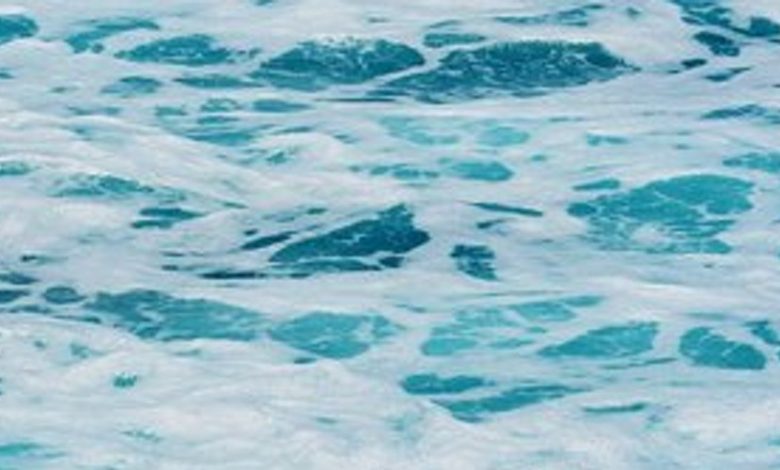The Microfibre Consortium Launches Shedding Test Method for Textile Industry
The Microfibre Consortium (TMC) shares details about a microfiber shedding test method released to its members.

BRISTOL, England-The Microfibre Consortium (TMC) shares details about a microfiber shedding test method released to its members. Founded in November 2018, TMC develops solutions aimed at minimizing microfiber release to the environment from textile manufacturing and product life cycle.
The organization says the study was developed by the University of Leeds (UoL) on behalf of TMC, and claims that the test is “the world’s first thoroughly tested, validated, and internationally aligned method for measuring microfiber material loss from textiles.” The foundation says the test will help foster more research and product development change to reduce microfiber shedding in apparel and fabrics from the fashion, sport, and outdoor industries.
“This work is truly exciting and pioneering as far as establishing the deep textile understanding that we need to make (a) product change,” says Sophie Mather, chair of TMC. “This is the reason I started this work in 2016, and I believe that as we dig deeper into the strategic selection of test samples, we will uncover some really insightful learnings that will be of great value to brands and retailers as they develop new product ranges. This is the crucial bridge from deep academic work to the reality of commercial product development that the industry is crying out for and building it is exactly why The Microfibre Consortium was founded.”
Scientists at the university developed the new process after extensive testing, and the board at TMC has since approved the release to its members. TMC says it is also collaborating with UoL on building a database with a full-time research technician that further explores the impact of fibers, fabric construction, and process steps concerning “fiber shedding at the material level.”
The subject of microfiber shedding has garnered attention worldwide, particularly with garments made from synthetic goods. In 2018, U.S. lawmakers in New York and California called for warning labels on polyester garments to educate consumers on the effect of microscopic particles from apparel slipping through washing machine filters and entering waterways. Other organizations and companies have since conducted their own studies on the microfiber effect, including outdoor lifestyle brands REI and Patagonia.
For more information, visit https://www.microfibreconsortium.com.